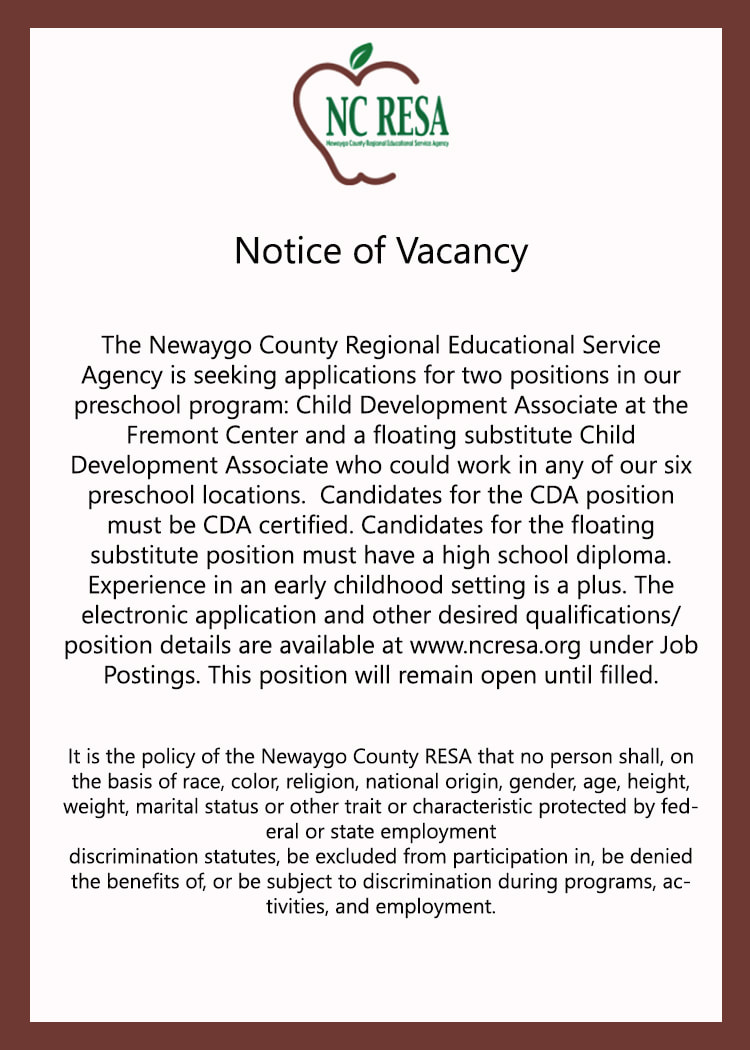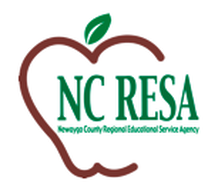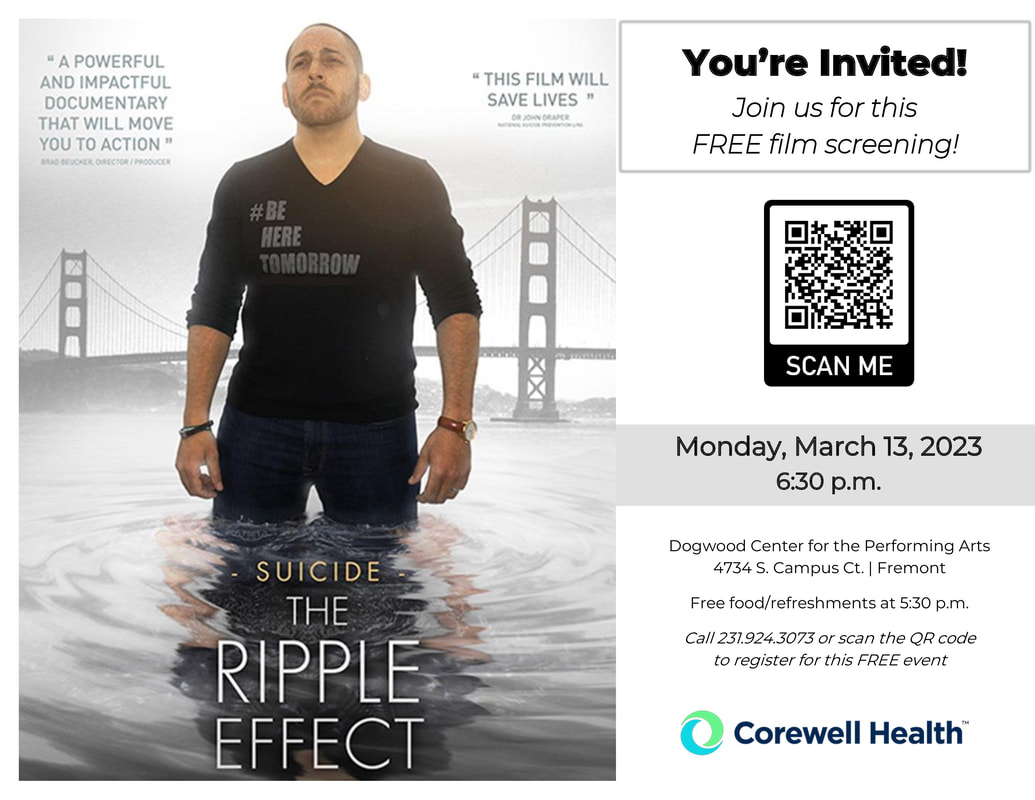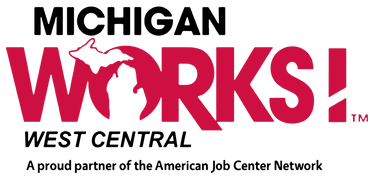|
2022 deer hunting season recap
From our friends at the DNR: The 2022 deer hunting season has officially come to a close. Kicking off with the Liberty Hunt Sept. 9 and finishing with the urban deer hunt in Wayne, Oakland and Macomb counties, which ended Jan. 31, it was a memorable season for Michigan deer hunting. It was a year of firsts in 2022, highlighted by the requirement that successful hunters report their deer harvest within 72 hours. Because of declining response rates with the traditional deer hunter survey, Michigan joined many other states in requiring deer harvests to be reported, which should improve harvest estimates and the timeliness of deer season reports in the future. Supporting the new harvest reporting process was the launch of the Michigan DNR Hunt Fish app, which allows hunters to purchase licenses, manage hunt drawings, get important updates from the DNR, report harvests, and more. For 2022, 586,595 hunters purchased a deer license, which is about 1% less than in 2021. The first year of electronic harvest reporting resulted in a reported harvest total of 303,087 deer. Sanilac County led the state with a reported 8,150 deer harvested, followed by Montcalm (8,103), Newaygo (7,422), Jackson (7,141) and Lapeer (6,976) counties. There were 182,586 deer reported harvested in the southern Lower Peninsula, 97,714 reported from the northern Lower Peninsula and 22,787 reported from the Upper Peninsula. There is a full harvest report summary dashboard that contains all the antlered and antlerless harvest statistics by county and season for anyone wanting to look at how things rounded out in their neck of the woods. Unsurprisingly, the most harvest reports came during the firearm season, with 154,598 deer reported taken Nov. 15-30. Interestingly, 45,834 deer were reported taken on opening day of firearm season, translating to nearly 30% of the firearm season harvest and over 15% of the overall deer season harvest. The total reported for archery season was 95,125 deer. The combined total of harvest reports in firearm and archery seasons, 250,083 deer, made up 82.5% of the total harvest. A majority, 56.76%, of the harvest reports that came through were for antlered deer, with 172,044 legal bucks and 131,043 antlerless deer reported. There were 23,123 hunters who reported harvesting more than one buck. One new feature the online harvest reporting system offers is the ability to discern types of antlerless deer reported. Of the harvested deer reported as antlerless, 83% were reported as does, 6.2% as doe fawns, 8.9% as buck fawns, 1.4% as bucks with antlers less than 3 inches and 0.5% as bucks with shed antlers. The accuracy of these reports will need to be verified in future years. Reports came in through the Department of Natural Resources website, via in-person help at customer service centers, over the phone and through the DNR Hunt Fish app. The app was designed from the beginning with harvest reporting in mind, and for many is the easiest way to check that requirement off the list. Nearly 83% of hunters reporting a deer harvest this year were able to complete their report in under five minutes. The DNR website proved to be the most common way for reports to be submitted, with over 86% of reports received through the website, while the app accounted for 13% of reports. In total, 208,408 individual hunters submitted a harvest report. On the heels of this first year of mandatory online harvest reporting, efforts now shift to understanding the relationship between data collected through this new method and through the traditional, mailed survey the DNR has relied upon in the past. This traditional post-season survey gives us an opportunity to cross-reference the new data, as well as get feedback from unsuccessful hunters to help collect information on hunter effort and opinions on topical management questions. It is important to continue the traditional survey in the coming years to understand reporting rates and gather information that can’t be collected through the new harvest reporting system, though the scope and scale of the survey is likely to be reduced over time. We thank everyone who participated in deer season and was able to successfully report their deer harvest. For more information on what’s happening in deer management or anything deer hunting-related, check out Michigan.gov/Deer. Eligibility redetermination packets to start being mailed to beneficiaries depending on renewal date
LANSING, Mich. – Medicaid beneficiaries will have to renew their coverage this year, starting in June, as Michigan resumes Medicaid eligibility redeterminations to comply with federal legislation. During the federal COVID-19 Public Health Emergency, Congress enacted the Families First Coronavirus Response Act that required state Medicaid agencies continue health care coverage for all medical assistance programs, even if someone's eligibility changed. Michigan’s Medicaid caseload grew by more than 700,000 people during the public health emergency. This requirement was ended by the federal Consolidated Appropriations Act of 2023 signed Dec. 29, 2022. Michiganders who no longer qualify for Medicaid will receive additional information about other affordable health coverage options available, including on HealthCare.gov. Affected Michiganders will be able to shop for and enroll in comprehensive health insurance as they transition away from Medicaid, and many Michiganders can purchase a plan for less than $10 per month. Renewals for traditional Medicaid and the Healthy Michigan Plan will take place monthly starting in June 2023 and run through May 2024. Monthly renewal notices will be sent three months prior to a beneficiaries’ renewal date starting with June renewal dates. Beneficiaries can check their renewal month at www.michigan.gov/MIBridges. “MDHHS is strongly committed to ensuring Michiganders who are eligible for Medicaid coverage remain enrolled,” said Elizabeth Hertel, Michigan Department of Health and Human Services director. “More than three million Michiganders, including one million Healthy Michigan enrollees, have benefitted from keeping their Medicaid coverage without redeterminations on eligibility during the COVID-19 pandemic. MDHHS is preparing to assist residents who will be affected by changes in their coverage.” Here is what Michigan Medicaid beneficiaries need to do to prepare:
“The Michigan Department of Insurance and Financial Services (DIFS) is committed to working with MDHHS and our partners nationwide to help impacted Michiganders get the affordable, comprehensive health insurance they need,” said DIFS Director Anita Fox. “DIFS stands ready to answer questions about purchasing a health insurance plan. Call DIFS at 877-999-6442, Monday through Friday from 8 a.m. to 5 p.m. or visit Michigan.gov/HealthInsurance to learn more.” To ensure beneficiaries are aware of upcoming federal redetermination requirements and help them keep their coverage if eligible, MDHHS is launching a multi-media advertising campaign. This will include radio, audio streaming, outdoor, mobile and social media ads, including minority media outlets and stakeholder communications. More information about the how benefits connected to the COVID-19 Public Health Emergency are changing can be found at www.Michigan.gov/2023BenefitChanges. Newaygo County Area Promise Zone Scholarship Application Open
The Newaygo County Area Promise Zone provides high school graduates with a tuition-free path to an associate degree from Muskegon Community College or an approved apprenticeship. The Promise Zone believes that every student, regardless of financial means, should have the opportunity to earn post-secondary credentials. By helping to remove the financial barrier that so many students face, the Promise Zone is helping to remove a cultural stigma that college is too expensive. Many students are starting to believe that higher education is within their reach and are taking steps to plan for their future. A 2022 Promise Scholar shared that, “the Promise Scholarship impacted my decision to go to college because it opened a more affordable opportunity to further my education." Since beginning in 2017, the Promise Zone has awarded over $2.2 million in tuition in support of over 307 Newaygo County Promise Scholars who have enrolled in their post-secondary journey. Now is the time for first year applicants to apply for the Promise Scholarship. The online application is available at www.promise.zone/how-to-apply. Applications are due no later than March 1, 2023. Homeschool families are encouraged to call or email the Promise Zone to learn more about how to register their student(s) and the application process. To qualify, a student must:
Blake Prewitt, the Newaygo County Area Promise Zone Chair shares, “There is nothing more important than the education of children for their future success. In our society, education is required after high school, but your access to post-secondary education depends on your social economic status. The Promise Zone levels this playing field so all students can achieve a post secondary education, and therefore give our community more highly skilled employees.” The Promise Scholarship covers tuition and mandatory fees up to 62 attempted college credits at Muskegon Community College. Books are not covered by the scholarship. Students must be enrolled at full-time status and attend a mandatory orientation to qualify. An online scholarship renewal is required each year of eligibility for returning scholars. The online renewal application becomes available in June each year. For more information about the Newaygo County Area Promise Zone visit www.promise.zone, email [email protected] or call 231.924.8888. Phishing Text Message: Your SNAP EBT Card is Most Likely Not Locked
Attorney General Dana Nessel and the Michigan Department of Health and Human Services are reminding Michigan consumers to be aware of phishing text messages that claim their EBT benefit cards are locked. The message includes a phone number to call for help. Responding to these messages may allow scammers to access to the card’s funds. EBT cards provide government food assistance, known as the Supplemental Nutrition Assistance Program (SNAP) or food stamps. This scam is serious as those who receive benefits rely on these funds to feed their families. If you are a SNAP recipient and receive a text message that your EBT card is locked, this is a scam. Do not respond.
Corewell Health Gerber Hospital to Host “Suicide: The Ripple Effect” Film Screening March 13
FREMONT, Mich., Feb. 8, 2023 – A special free screening of the award-winning documentary “Suicide: The Ripple Effect” will be presented at the Dogwood Center for the Performing Arts on Monday, March 13 at 6:30 p.m. A complimentary light dinner and refreshments will begin at 5:30 p.m. The documentary chronicles the story of Kevin Hines, who at age 19, attempted to take his life by jumping from the Golden Gate Bridge. Since then, Hines has been on a mission to use his story to help others find recovery and stay alive and has become a prominent suicide prevention speaker and advocate. The film also features some of the world’s leading suicide prevention experts and shines a light on people who are using personal experiences with suicide to help others find the hope they need. Jena Zeerip, regional community health manager at Corewell Health™ Gerber Hospital – the new name for Spectrum Health Gerber Memorial, believes this film is important for everyone to see, especially those who have been in or have known someone in a mental health crisis. “In our work, we see a continued need for awareness and education about mental and behavioral health and wellbeing,” said Zeerip. “Kevin’s story is one we want to share with our community, as it highlights the power of the human spirit and how you can join the movement to save lives. We hope our local communities will come out to view this powerful film.” Across the globe, nearly a million people die annually by suicide. In the United States alone, there are one million suicide attempts in a given year and over 44,000 deaths by suicide, with our military being hit particularly hard. Research has shown that for every one death by suicide, over 115 people are directly affected and impacted. Call Gerber Hospital community health education at 231.924.3073 to RSVP for this free event. Corewell Health Gerber Hospital Nurse Recognized for Outstanding Care
FREMONT, Mich., Feb. 6, 2023 – Corewell Health™ Gerber Hospital recognized Laura Schoenborn, RN, with a DAISY Award after being nominated by a patient for excellent and compassionate care. “I came to the emergency room one evening not feeling well,” the nomination read. “The only room that was open in the hospital was on the ICU floor. My first full day there I met Laura, and right off the bat my daughter and I really liked her. She was very caring and compassionate … my daughter was there with me during the days, and Laura would sit and talk with us, and we would all laugh.” The nomination also described how Schoenborn made this patient and her family feel more at ease, especially while visitor restrictions were in place. Schoenborn received a special certificate and a “healer’s touch” sculpture that is given to each DAISY Award recipient. Nurses are nominated for the DAISY Award by patients, families and colleagues, and they are chosen by a committee of nurses at Corewell Health Gerber Hospital. Awards are given multiple times a year. The DAISY award program was adopted from The DAISY Award, an international program established in memory of J. Patrick Barnes. The Barnes family was deeply appreciative of the clinical skills, caring and compassion of the nurses who cared for Patrick, so they created an award to say thank you to nurses everywhere. Nominations for the DAISY Award are open for nurses who go above and beyond in creating a meaningful experience for patients. The award is given based on nominations from patients, community members and colleagues. Online nominations can be completed at www.spectrumhealth.org/gerber by clicking on the DAISY Award section at the bottom of the page. At Gerber Hospital, nomination forms and boxes are also at all nurse stations, in lobbies and in the medical offices. Bee Awards are open to any Corewell Health employee and are named by each DAISY Award winner. 2 Newaygo County employers among 11 in the region
From our friends at Michigan Works-West Central: LANSING – Gov. Gretchen Whitmer joined the Michigan Department of Labor and Economic Opportunity (LEO) to announce Tuesday more than $654,000 is being awarded to 11 local employers to train their respective workforces. The funds support training opportunities for 386 individuals, including 49 U.S. Department of Labor (USDOL) registered apprentices. Funds are being awarded through the annual Going PRO Talent Fund, which is a competitive funding program that helps employers train, develop, and retrain current and new employees. Training plans approved by the state must fill a demonstrated talent need experienced by the employer and lead to a transferrable, industry-recognized credential. Statewide, $47 million in grants were announced Tuesday to support in-demand, high-skill talent needs to train about 27,000 individuals at nearly 750 employers. “The Going PRO Talent Fund helps workers get the skills they need to build their lives and advance their careers in Michigan,” Whitmer said in a press release. “Today’s grants will help nearly 750 businesses get the high-skill, in-demand talent they need and empower 27,000 workers earn credentials or certificates to help them land stable, good-paying jobs. Since launching in 2014, the Talent Fund has helped 6,000 businesses and 170,000 workers, and today we are keeping that momentum going. Let’s keep our foot on the accelerator as we grow our economy, create unparalleled economic opportunity, and empower more people to Make it in Michigan.” Locally, companies applied for funding in recent months with the help of Michigan Works! West Central’s Business Services team. Training is expected to start as early as this month. “The Going PRO Talent Fund plays a critical role in helping employers train, retain and hire new employees,” said Shelly Keene, Michigan Works! West Central executive director. “The Talent Fund is an invaluable funding source for Michigan businesses looking to invest in their workforce to provide the vital skills necessary to succeed in a range of high-demand positions. Our Business Services team will work with these 11 employers throughout the year to file the necessary paperwork and to make sure they maximize their award amount.” The following local companies are being awarded funds to train their respective workforces: Mason County
The Going PRO Talent Fund aligns with Whitmer’s Sixty by 30 initiative to increase the number of working-age adults with a skill certificate or college degree to 60 percent by 2030. LEO makes Going PRO Talent Fund awards to employers through Michigan Works! Agencies (MWAs). Participating employers play an integral role in defining their key training needs, then work with their local MWAs and other partners to develop strategic training plans. A full list of grant recipients for the 2023 fiscal year is available at Michigan.gov/TalentFund. “Through programs like the Going PRO Talent Fund, we can ensure Michiganders have a path to good-paying jobs and businesses have the resources they need to stay competitive in today’s economy,” LEO Director Susan Corbin said in a press release. “It’s investments like this that will result in a better economy, one that expands economic opportunity by driving educational attainment, increasing workforce participation and creating equal prosperity for all.” |
CategoriesArchives
July 2024
|










 RSS Feed
RSS Feed